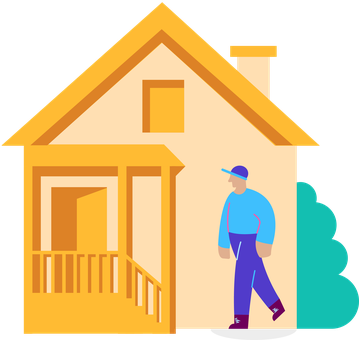Last updated: 07 April 2022
Not having a home as a stable and secure base can make it harder for people to find a job, stay healthy and maintain relationships.
People often experience feelings of isolation, increasing their chances of taking drugs or experiencing mental health problems.
Did you know: Sometimes, issues that people believe cause homelessness are actually a result of homelessness, such as substance abuse and poor mental health.
Evidence suggests that the longer someone is homeless, the more complex their problems become and the more difficult it can be to get back on their feet.
Physical Health Issues
People with no home often have complex health needs. The mean age at death of homeless people was 46 years for men, 43 years for women. This compares to 76 years for men and 81 years for women in the general population.
A recent study found that among a sample of homeless hostel residents in London, levels of frailty are comparable to 89-year-olds in the general population. The residents had an average of seven long-term health conditions, far higher than people in their 90s. Those without a home are substantially more likely to report having chronic diseases such as asthma, chronic COPD, heart problems and stroke.
Access to healthcare is only possible when someone is registered with a GP. Unfortunately, many GPs require an address to register an individual, which can be a huge barrier to accessing services. Turning someone away because they don’t have an address is now unlawful, but sadly it still happens too often.
